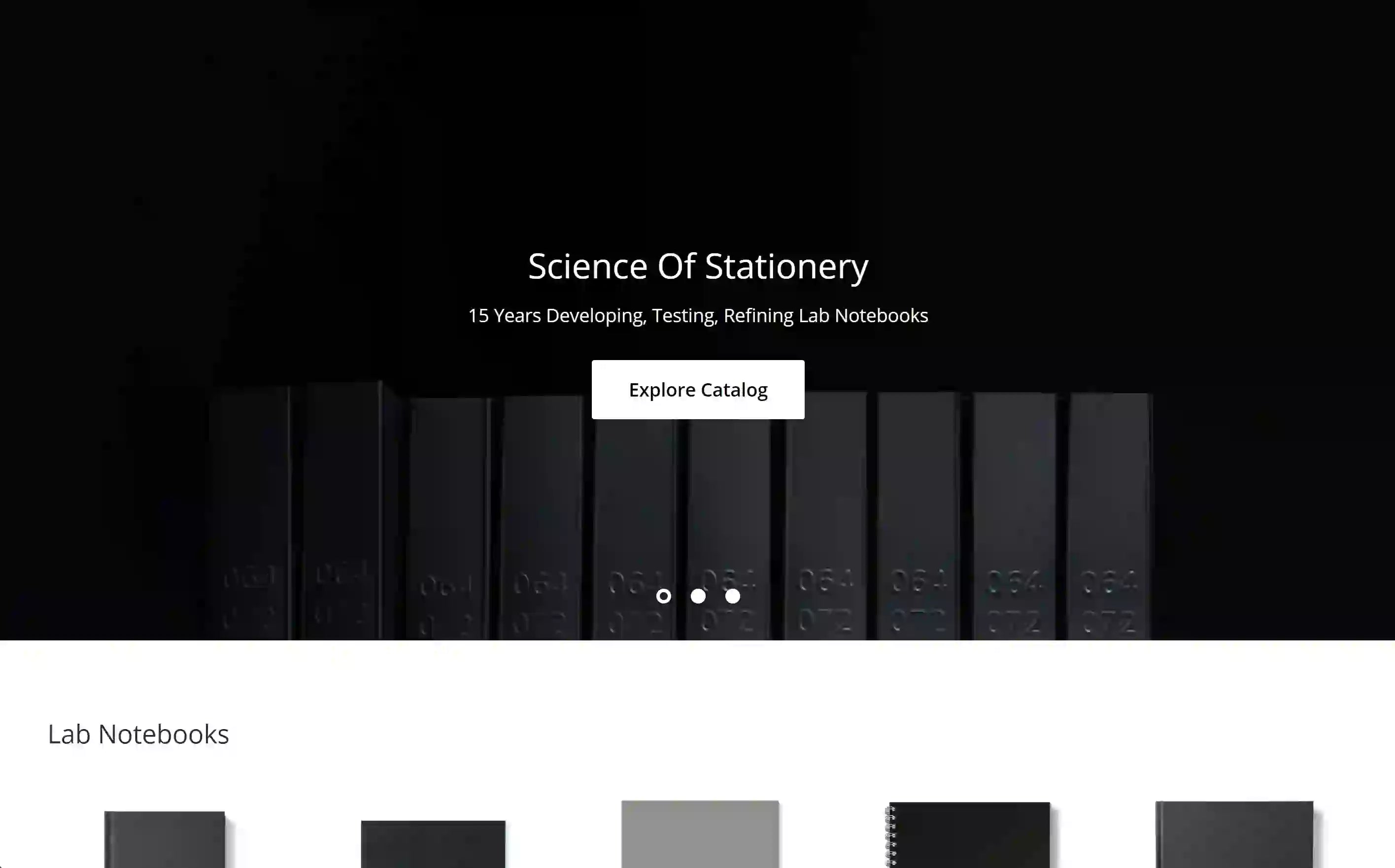Laboratories, whether they operate in academic, medical, or industrial settings, must follow strict regulatory standards to ensure the validity, reliability, and traceability of their data. In this blog, we'll explore how recent regulatory changes impact laboratory documentation and what scientists and researchers can do to remain compliant while continuing to innovate.
Overview of Regulatory Changes
Regulatory bodies such as the Food and Drug Administration (FDA), the European Medicines Agency (EMA), and others regularly update their guidelines to reflect new scientific knowledge, technological advances, and societal needs.
These changes can affect how laboratory documentation must be handled in several key areas:
-
Data Integrity and Security: With the increase in data breaches and cybersecurity threats, recent regulations have placed a greater emphasis on the security and integrity of electronic records. Laboratories are required to implement more robust security measures to protect data against unauthorized access and alterations.
-
Electronic Record Keeping: The push towards digital transformation has been reinforced by regulatory changes that favor electronic records over paper for their ease of access, searchability, and storage efficiency. Regulations such as 21 CFR Part 11 in the United States outline the criteria under which electronic records and electronic signatures are considered trustworthy, reliable, and equivalent to paper records.
-
Transparency and Traceability: Regulations now often require more detailed documentation to ensure transparency and traceability of laboratory activities. This means that laboratory notebooks must contain comprehensive records of all experiments, including raw data, methodologies, and final results, along with the identities of the personnel involved.
-
Quality Control and Assurance: New regulations may dictate more stringent quality control and assurance processes, requiring laboratories to maintain detailed records of these procedures. This is particularly crucial in regulated industries such as pharmaceuticals and biotechnology.
Adapting to Regulatory Changes
To adapt to these regulatory changes effectively, laboratories should consider the following strategies:
-
Training and Education: Regular training programs for lab personnel on the latest regulations and best practices in documentation are essential. This ensures all team members are aware of compliance requirements and understand how to implement them.
-
Upgrading Systems: Investing in new technologies and systems that meet the regulatory requirements for electronic documentation and data security. This could include software that automatically logs data and user actions, providing an auditable trail.
-
Review and Audit: Establishing regular review and audit processes to ensure that documentation practices meet the current regulatory standards. This can help identify gaps in compliance before they become issues.
-
Collaboration with Regulatory Experts: Working with consultants or regulatory experts who can provide guidance on navigating complex regulations and implementing compliant processes and systems.
Learn More with VELA Sciences
The impact of regulatory changes on laboratory documentation is significant, pushing laboratories to evolve and adapt continually. By staying informed about regulatory requirements, investing in proper training and systems, and ensuring a culture of compliance, laboratories can manage their documentation effectively and maintain their focus on innovation and discovery.
In a world where data is one of the most valuable assets, protecting and managing this data through compliant documentation practices is not just a regulatory requirement but a strategic imperative.



